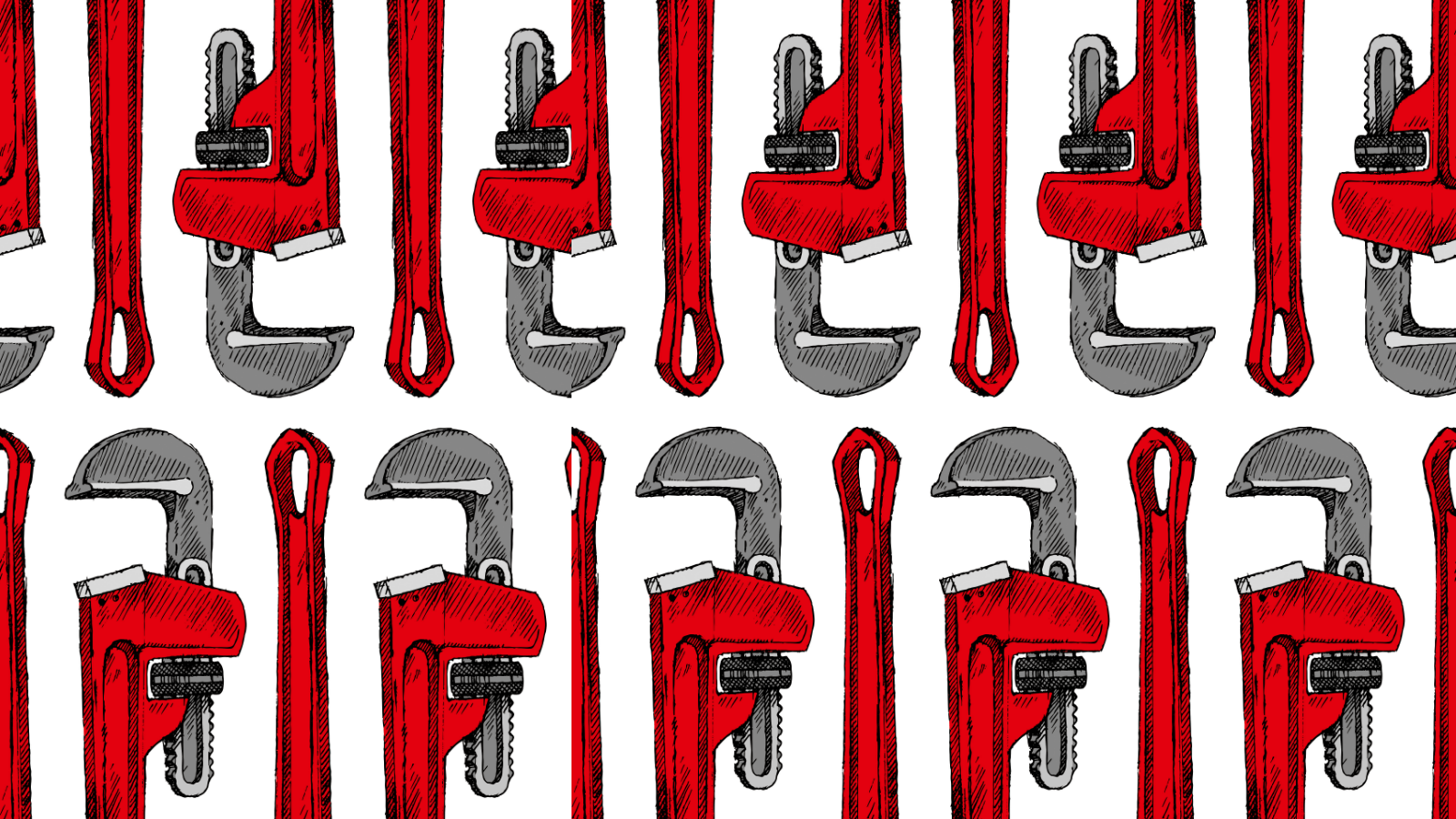If there’s a lightbulb out or some Ikea furniture to put together, we ask my dad to do it. If the car needs a jump start because I accidentally kept the high beams on overnight, my dad is the one to fix it. When my bike chain gets stuck or the deck needs rebuilding, can you guess who we go to? My dad.
But when it came to my anxiety, I didn’t want my Mr. Fix-It dad to “fix it” at all. I didn’t need him to fix me.
My dad is trained as a civil engineer. It is in his bones to see a problem and solve it. His first instinct is to think of solutions, and while this has proven to be a great character trait for an engineer, it did not serve me well when I needed someone to listen.
In 7th grade, I was diagnosed with OCD and Trichotillomania, a hair-pulling disorder. When my dad found out about my irrational fears of red markers and glitter, the first thing he told me was that I don’t have anything to be afraid of. And I knew he meant well, I knew he wanted to help, but this made things far worse. Three years later, I was diagnosed with panic disorder and generalized anxiety disorder. And in the years between my first and second set of diagnoses, my dad was the last person I wanted to go to. I didn’t want to be told that I had to stop letting my anxiety get to me. I never wanted to hear that if I got out more, I would feel better. What my dad didn’t understand was that I didn’t want to be fixed, I wanted to be listened to.
Can you imagine presenting an engineer with a problem and asking them if they would please stop trying to find a solution? Yeah, me either.
I wasn’t a broken object that just needed some new screws and some crazy glue, but this was nearly impossible for my dad to understand.
For a big part of my childhood and teenage years, I resisted going to my dad. I loved him and was proud to be his daughter, but I was constantly frustrated by how he handled my mental illness.
“Stop being so hard on yourself.”
“It will work itself out.”
“You have nothing to worry about.”
“This is completely irrational.”
“This won’t matter in a few years.”
The things my dad told me drove a wedge between us. And I knew that it wasn’t because he didn’t know how to handle my mental illness, but because I didn’t know how to tell him that his help wasn’t helping.
One day in 10th grade, my dad asked me this: “Why do you always go to mom with your problems? You know I’m always here.”
And it was then that I realized that he felt left out like he was estranged from a significant part of my life like I was shutting him out. And he was right to feel that way because that is exactly what I was doing.
“Dad,” I said. “I don’t go to you because you always try to fix things. You always try to make me see things in perspective, to think logically, to be rational. And nothing about anxiety is logical and rational. Anxiety is messy and doesn’t make sense. And I know you don’t get that because you don’t have anxiety. So I go to mom. She always listens. She never minimizes my feelings or tries to change them. And every time I go to you with a problem, I come out feeling even worse.”
I could see how hurt he was and he could see that I was hurting too.
“I just want to help,” he said.
“I know. But there are other ways to help besides fixing it. I don’t need you to get it. I don’t need you to believe me or understand me. I don’t need you to try to fix it for me. I don’t care if you think I’m overreacting or if I’m not thinking logically. All I care about is that you listen. That you empathize. There will never be a solution or a cure for my anxiety and you need to accept that.”
Since 10th grade, since we had that conversation, my Mr. Fix-It dad has stopped trying to fix me. And I know it has not been easy for him. He has to ignore his instincts and natural reactions, and he does that for me. He does it so that I always know that I can go to him, and not just when the light bulb in my room goes out.
Now, whenever I go to him with a problem he asks me this:
“Do you want advice or do you just want me to listen?”
And while my answer is almost always the same, it is that question that has made all the difference.
If you have a Mr. Fix-It dad (or someone in your life who is solution-oriented), here are some things you can ask them to say:
“What do you need from me?”
“What kind of help are you looking for?”
“I’m here for you.”
“How are you feeling?”
“Do you want to talk about it?”
People too often forget that getting help doesn’t mean solving a problem or putting your problem in perspective. It can mean finding someone to empathize or listen or give a pep talk. Mental illness isn’t something that needs “fixing.” I am not someone who needs “fixing.” And now that my dad knows that, he’s my greatest confidant.






